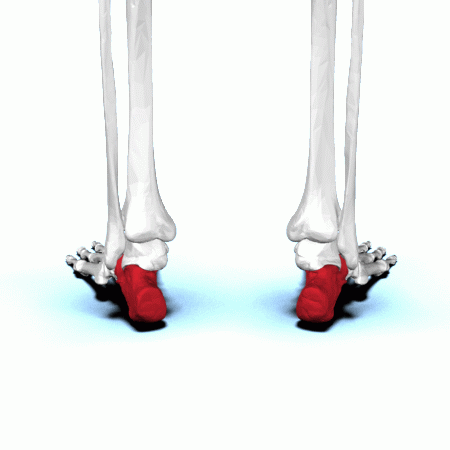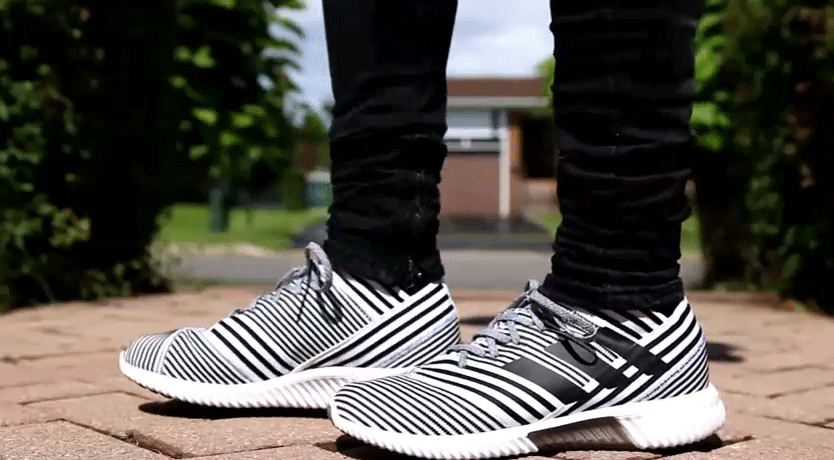Sever’s Disease
Sever’s disease is a painful condition that can happen to children as they grow. It happens when the tendon that attaches to the back of the heel (your Achilles) pulls on the growth plate of the bone of the heel. The stress over and over again on the growth plate causes pain and inflammation.
It happens most often to physically active children between the ages of 8 and 14. This pain is often made worse by lots of physical activity or when the Achilles tendons are tight. Pain can also be worse during a growth spurt, when the bones grow faster than the tendons. This increases how much the tendon pulls on the heel. While it is painful, Sever’s disease is not a serious condition. It doesn’t cause long term damage or arthritis and often resolves once the growth plates close.
How do I know if my child has it?
The following are some signs that your child may have Sever’s disease:
- Heel pain in one or both heels, which often comes and goes
- Pain that gets worse when doing activities activities, especially with new or strenuous activities
- Pain may cause limping or walking on toes to avoid putting pressure on the heels
- Pain that is worsened by running or jumping
- Pain with pressing on the back of the heel
- Pain is worse upon waking
What helps Treat it?
Ice: Ice their heel for 15 to 20 minutes when the have pain or after activities. Remember not to put the ice directly on skin. Use a towel or other cloth between the ice and their skin.
Rest: Rest from physical activities, especially running and jumping, while having pain. Take rest breaks between activities.
Shoes: Always have your child wear a well-cushioned pair of supportive shoes. Don’t allow them to walk around in bare feet. In some cases, special gel inserts for the shoe called heel cups may help.
Pain Relief: Anti-inflammatory medicines, such as ibuprofen can be used as needed for pain and swelling. Be sure to read the directions on the bottle in order to give the correct dosage for your child’s height and weight.
Stretching: Stretching their calf muscles can help loosen tight Achilles tendons and help decrease the pull of the tendons on the growth plates.
Road to Recovery
In most cases, Sever’s disease goes away on its own. The important thing is to make sure your child gets rest, treatment, and time to heal. Symptoms might get worse if your child tries to play through the pain. Your child can gradually increase the amount of activities they do when they don’t have symptoms. Remember, this is a disease that can come and go. Sever’s disease usually goes away completely when their growth plates close.
Written by Travis Rohner PT


